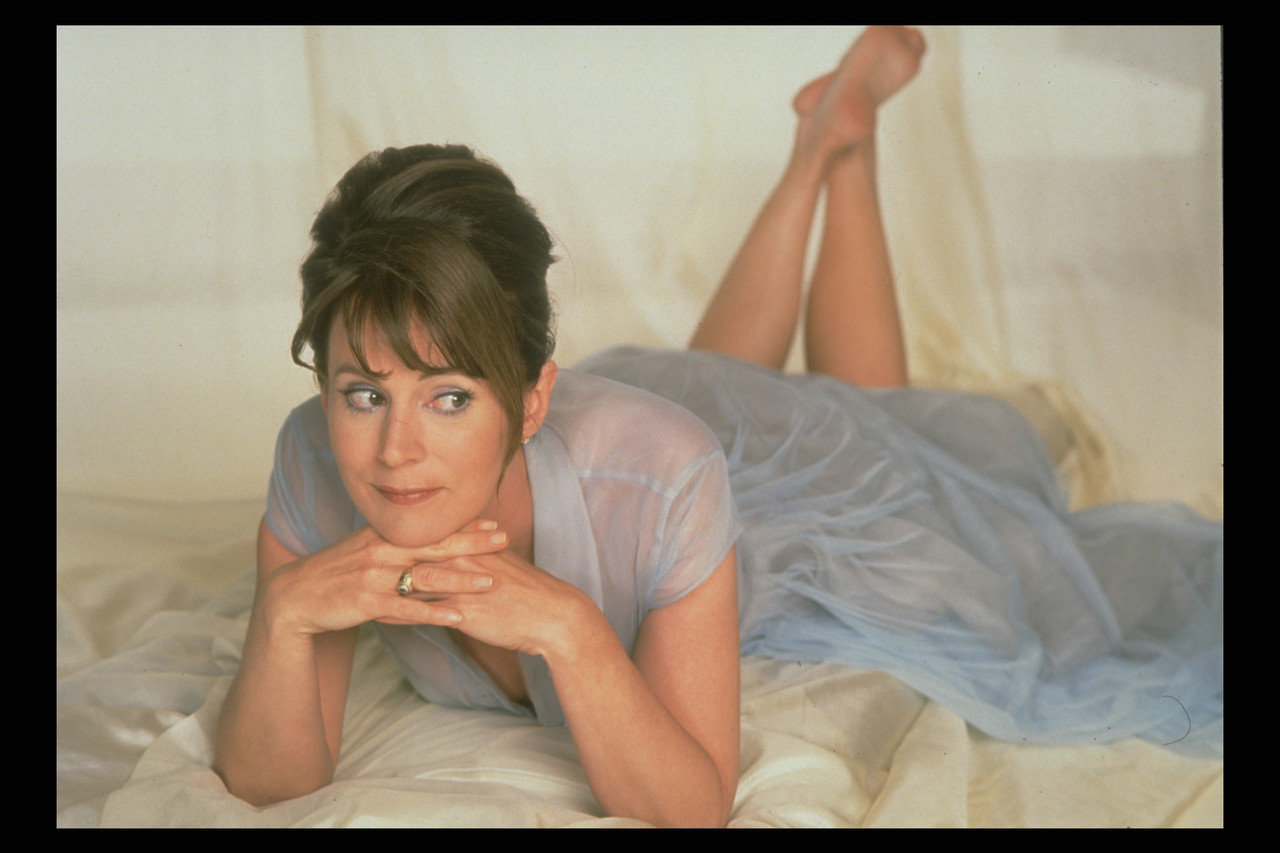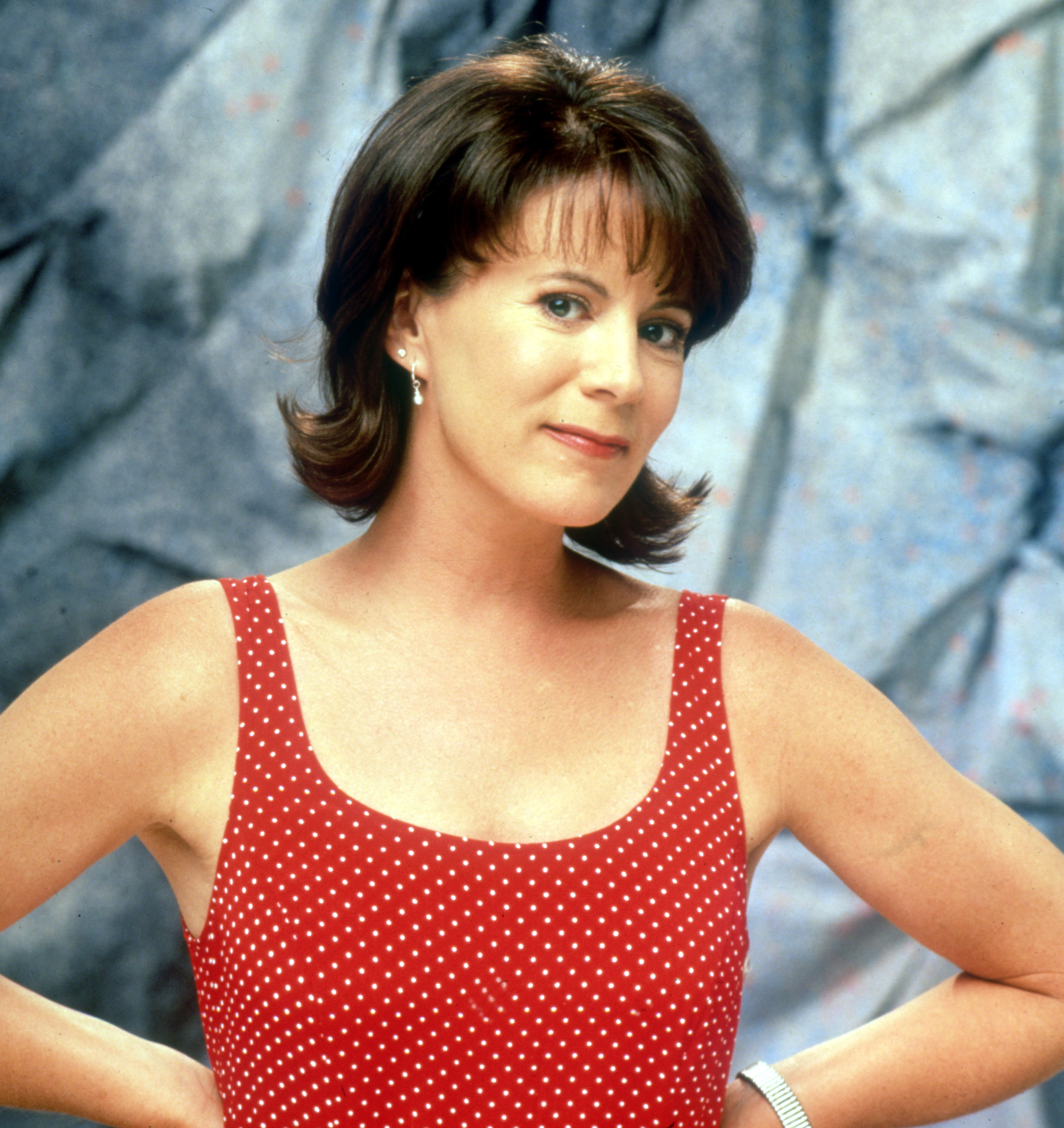Patricia Richardson: News, Pics, & More - Uncensored Look!
Is it possible to separate the art from the artist, especially when the art form involves a beloved public figure and the potential for exploitation? Patricia Richardson, the actress best known for her role as Jill Taylor in the long-running sitcom "Home Improvement," has found herself entangled in a digital landscape where her image is both celebrated and, at times, misused.
The internet's insatiable appetite for content, coupled with the anonymity it provides, has created a complex environment. This is where the lines blur between admiration and something less savory. While the genuine appreciation for her talent and body of work is evident, the presence of explicit or misleading content necessitates a closer examination of the online information surrounding Patricia Richardson. The discussions surrounding her name range from legitimate searches for biographical information and professional endeavors to the more concerning implications of content with explicit sexual connotations. It is a multifaceted scenario. This piece aims to navigate through this. It hopes to shed light on the various dimensions of Patricia Richardson's online presence, encouraging critical thinking and awareness in the digital age.
| Full Name | Patricia Richardson |
| Date of Birth | February 23, 1951 |
| Place of Birth | Bethesda, Maryland, USA |
| Nationality | American |
| Occupation | Actress |
| Years Active | 1978 Present |
| Known For | Jill Taylor in "Home Improvement" |
| Spouse | Ray Baker (m. 19821995) |
| Children | Henry Baker, Roxanne Baker, Joseph Baker |
| Notable Awards | Primetime Emmy Award nominations (4) for Outstanding Lead Actress in a Comedy Series for "Home Improvement" |
| Education | Southern Methodist University |
| Reference Website | IMDB.com |
The digital realm often reflects a skewed perspective. Searches may yield a mix of legitimate content, like the actress's filmography, interviews, and personal details, and content of a more questionable nature. Some searches can turn to the potentially exploitative, and the focus shifts from artistry to the salacious. There are instances of search results that lead to content of a sexual nature. These results, often appearing without context or consent, bring forth the question of ethics and the responsibility of content creators and platforms.
The discussion surrounding Patricia Richardson and content that is presented as such also includes conversations about fake or nude photos. These types of search queries, as indicated in some of the initial search results, are a reflection of the demand. It is essential to be very skeptical of such content, as it frequently involves the unauthorized use of an individual's image. It is also an opportunity to highlight that this digital landscape is also populated by the creation and distribution of potentially deceptive material. This content could be aimed to deceive the viewer. It's a stark reminder of the necessity for digital literacy and caution.
The legacy of Patricia Richardson extends beyond her portrayal of Jill Taylor. Her work is admired by a wide audience. The impact she has had on the entertainment industry is undeniable. The fact remains that any discussion of her online presence cannot ignore the other facets. This complex situation is not just about one individual; it reflects broader societal shifts and the ever-changing dynamics of the internet.
The show "Home Improvement," which provided the springboard for much of her fame, holds a special place in the hearts of many viewers. The series, which aired from 1991 to 1999, captured the essence of family life. Richardson's performance as Jill Taylor, the intelligent and supportive wife and mother, resonated with audiences across the country. Her ability to blend humor, intelligence, and warmth made her a household name.
Beyond "Home Improvement," Patricia Richardson has had a varied career in television and film. She has taken on roles in shows such as "Strong Medicine," and "The West Wing," showcasing her versatility as an actress. These roles serve as a reminder of the depth of her abilities, which is often overshadowed by the controversy or exploitation of digital content. She has consistently proven her acting prowess.
The search results often point to the issue of misinformation. The emergence of "fake" or manipulated images, which can be difficult to discern, adds another layer of complexity to the situation. These images are created without the individual's consent and often used for malicious purposes. It is vital for the public to be aware of these practices, which threaten privacy and the reputation of the people concerned.
The presence of such content points to the necessity of digital media literacy. It helps individuals to critically analyze information. This involves evaluating the authenticity of sources, recognizing deceptive practices, and understanding how content can be manipulated. Digital literacy is an essential skill for navigating the online landscape.
Platforms and content creators have a significant responsibility to tackle issues of online exploitation and misinformation. These entities should put in place measures to filter and flag inappropriate content and provide users with tools to report and flag potentially harmful material. They should have clear content policies and actively enforce them.
The online discussion surrounding Patricia Richardson also reflects the broader societal attitudes towards women and their bodies. The oversexualization of public figures, particularly women, is a widespread problem. It is often driven by societal norms and expectations. It has led to the creation and distribution of content without consent.
It is necessary to appreciate the work of individuals like Patricia Richardson. We can examine the context of her career and recognize the potential harms associated with the misuse of her image. This requires respect for the privacy of the individuals involved, critical thinking when engaging with online content, and awareness of the potential for deception.
The comments and discussions about Patricia Richardson on platforms and forums highlight the complexities. The users opinions and thoughts are varied. Some celebrate her work, while others focus on areas related to her image. These interactions reveal a spectrum of views, from admiration to curiosity.
When examining any celebrity, it's important to remember the human element behind the public persona. They are individuals. It is crucial to be aware of the possible exploitation of their image and the emotional impact that can have. The online world can be a minefield of misinformation. It is essential to approach the internet with caution and a critical eye.
The trajectory of Patricia Richardson's career, from stage to the screen, highlights her commitment to her craft. It is important to distinguish between the artist and the more troubling aspects of her digital presence. We can appreciate her achievements and support her work while at the same time calling for the ethical handling of online content.
The discussions about Patricia Richardson's online presence, at times, can reflect a broader commentary on ageism and the way women are portrayed on the internet. Women are often judged differently from men in terms of beauty, sexuality, and public image. This can lead to the devaluation and objectification of women as they get older, which contributes to the creation of content that is exploitative.
The digital environment also plays a role in shaping public opinion. The quick spread of rumors and unverified information can cause a shift in public perceptions. The responsibility of individuals to verify sources, consider the validity of the information, and resist the spread of potentially harmful content is necessary. Promoting critical thinking skills and media literacy is essential.
In addressing the issues around Patricia Richardson's online presence, the focus on her artistic achievements should not be overshadowed by other concerns. It is necessary to celebrate her contributions to entertainment, remember her performances, and respect her privacy.
In conclusion, the online discussion surrounding Patricia Richardson is a multifaceted one. While the appreciation of her work and her contributions to the entertainment industry is important, the focus should also address the potential for exploitation. By promoting awareness, digital literacy, and ethical practices, we can strive to create a digital environment that respects privacy and values artistic integrity.


